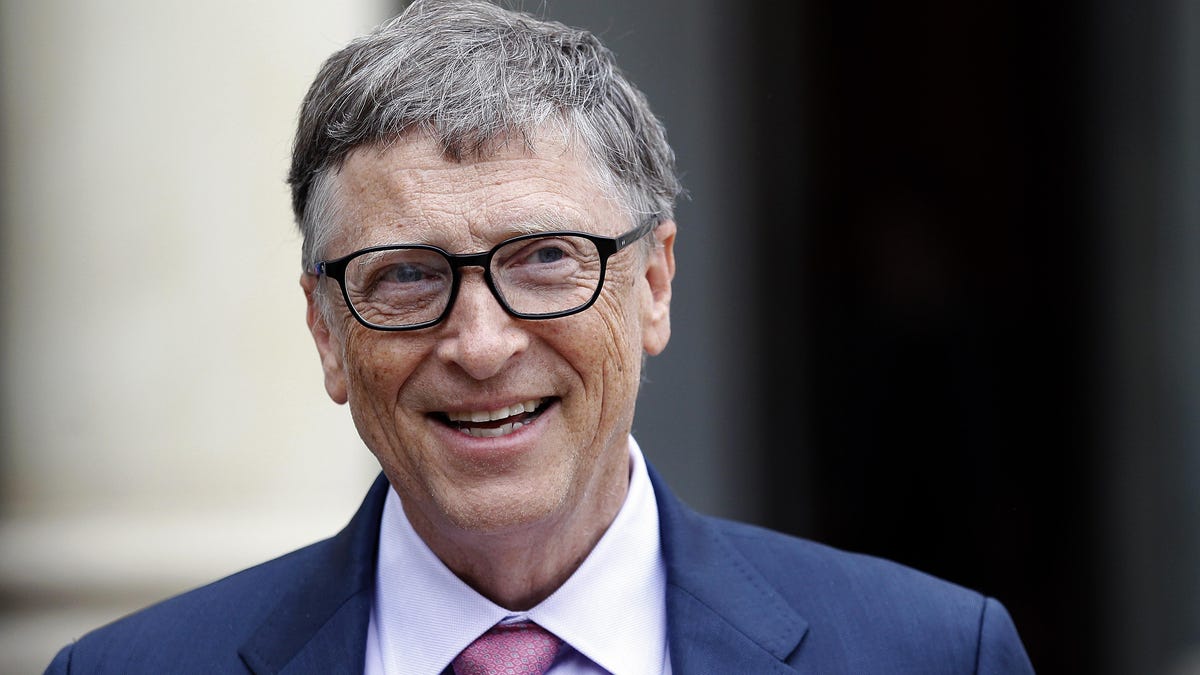Now AI is beating us at our favorite video games
"A huge milestone in advancing AI," Bill Gates tweeted after an AI system took on a human team in Dota 2.

Microsoft co-founder Bill Gates congratulated OpenAI's team bots for beating human players at the video game Dota 2 on Monday.
Bots now can work in teams and beat humans at video games .
Bill Gates tweeted on Tuesday that artificial intelligence bots working in a team had beaten human players at the esports video game Dota 2. He praised the victory as "a huge milestone in advancing artificial intelligence." Business Insider spotted the tweet.
#AI bots just beat humans at the video game Dota 2. That’s a big deal, because their victory required teamwork and collaboration – a huge milestone in advancing artificial intelligence. https://t.co/UqIUhh9xFc
— Bill Gates (@BillGates) June 26, 2018
The AI bot team was developed by OpenAI, a nonprofit AI research company co-founded by Elon Musk. Open AI employed five neural networks, collectively known as OpenAI Five, which defeated amateur human teams at Dota 2, according to the company's blog post published on Monday.
This is just the latest instance where AI has shown its dominance over human. We saw computers beat humans at chess in 1997, beat humans at Jeopardy in 2011 and vanquish the world's best human players of the ancient game of Go in 2017. Earlier this month, an IBM computer out-argued a human in a debate.
"OpenAI Five plays 180 years worth of games against itself every day, learning via self-play," the company wrote. It also aims to beat a team of top professional gamers at The International -- Dota 2's international championship -- coming up in August.
OpenAI created a bot for Dota 2 and had taken down top gamers as a single player at The International last year, according to IGN. It will enter the multiplayer 5v5 matches with OpenAI Five this summer.
"Our team is focused on making our August goal," said Jack Clark, a spokesman for OpenAI, in an email statement. "We don't know if it will be achievable, but we believe that with hard work, and some luck, we have a real shot."
'Hello, humans': Google's Duplex could make Assistant the most lifelike AI yet.
Tech Enabled: CNET chronicles tech's role in providing new kinds of accessibility.

